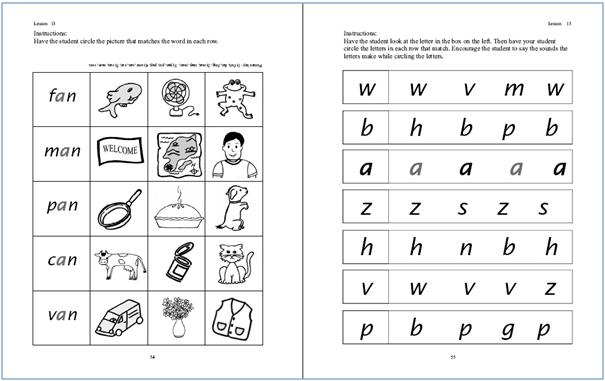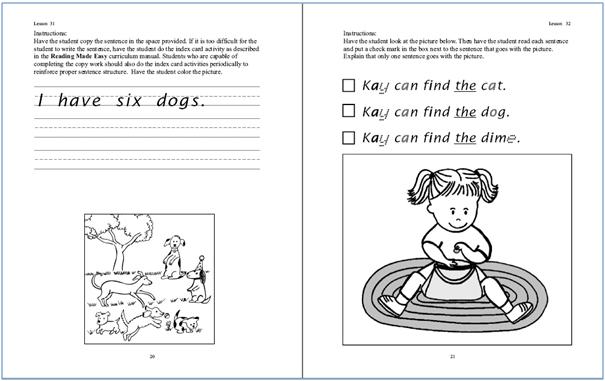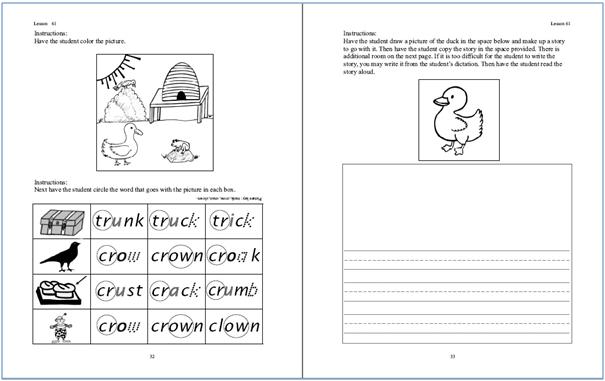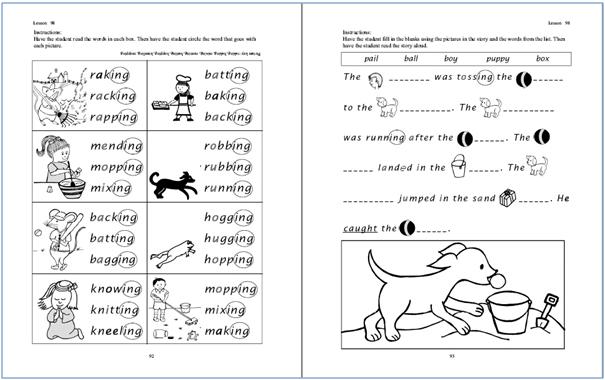 It’s in the news again.
It’s in the news again.
Created in 1989, the Convention (often abbreviated as the “CRC”) has a number of laudable goals and features. It has been ratified by 193 countries around the world. The only two UN member states which have NOT ratified it are Somalia and the United States (which proponents of the treaty often cite as something that should be embarrassing to the United States).
There is much in this treaty which is admirable and non-controversial. There are some parts of it which are simply innocuous. And there are some parts of it which pro-family and pro-homeschooling advocates in the United States find objectionable.
But why all the hubbub over a UN Convention? Isn’t this simply a non-binding statement of principles?
For many countries, that might be the case (and probably explains why many of the 193 have ratified – for them, ratification has no practical effect on their own laws and practices).
But the effect of ratifying a treaty in the United States is different, because of Article VI of the US Constitution and the 14th Amendment.
Article VI (often called the “Supremacy Clause”) states, in part:
This Constitution, and the Laws of the United States which shall be made in Pursuance thereof; and all Treaties made, or which shall be made, under the Authority of the United States, shall be the supreme Law of the Land; and the Judges in every State shall be bound thereby, any Thing in the Constitution or Laws of any State to the Contrary notwithstanding.
The Supremacy Clause makes all treaties ratified by the US Senate binding in all Federal AND in all State courts. Which means that the United States Senate should be very careful when it votes to ratify a treaty. It also helps explain why the ratification of a treaty requires a 2/3 vote of the Senate – Treaty ratification is akin to amending the Constitution, and comes close to it in its wide-reaching consequences and significance.
Non-Controversial Sections of the UN Convention on the Rights of the Child include the prohibitions on kidnapping, child labor, child prostitution, and using children as soldiers. Ironically, the United States HAS signed and ratified both of the optional protocols which have been appended to the CRC: one on the use of children in military conflicts and one which prohibits child pornography.
Children’s “Rights” are the issue, and whether those rights may be asserted against parents
The problematic parts of the CRC are in articles 13-17 which enumerate children’s rights which all parties to the CRC agree to recognize. These rights are described in legal language which is at times ambiguous, perhaps deliberately so. They include the right to freedom of expression, the right to receive information, freedom of thought, conscience and religion, freedom of association and peaceful assembly, a right to personal privacy and a right to access mass media. And here is where the issues arise. It would be one thing to assert that a child has these enumerated rights and that children must be protected from any attempt by the state to interfere with them. But the CRC leaves open and unresolved whether a child has these rights and can appeal to the state to prevent any of these rights from being abridged by parents. Given the Constitutional status afforded treaties and the social activism of parts of the legal community, it is quite probable that these rights would be raised in legal proceedings against parents by advocates acting in the name of children. If the CRC intended to protect children from any abridging of these rights by the State (but not by parents), then it should have said so. Because it does not limit its applicability to actions against the states, in the US Courts, it would inevitably be invoked in cases of conflicts between parents and children, with the result that parental authority would be eviscerated and children would be free to make dangerous and/or inappropriate choices, with parents forbidden from interfering. To take but one example, if parents decided to enroll a child in a religious school, the child could object and bring action citing the CRC and veto the parents’ decision.
Ratification of the treaty would provide the basis for the state to intervene in parenting decisions regarding education, media, and friends. It would radically undermine the rights of parents to direct the care, upbringing and education of their children.
Outlawing corporal punishment
The CRC has been repeatedly interpreted by the UN, by its committees, and in other judicial settings as requiring ratifying governments to “prohibit all forms of violence, including corporal punishment, in the upbringing of children.”
For some, this is simply one more reason to support ratification. But the overwhelming majority of parents in the US believe that corporal punishment by parents is a legitimate form of discipline. In any event, the definition of child abuse and neglect is currently made by state law, interpreted by state courts. Ratification of the CRC would, in effect, be the enactment of a federal ban on corporal punishment. No matter how you feel about the issue, federalizing it will have terrible consequences for families.
The CRC also establishes a UN committee and requires ratifying states to submit a report on implementation of the CRC within two years and every five years thereafter. The Committee may request additional information, review, and comment on States’ reports, but it does not appear to have any enforcement authority. I view the Committee as, at worst, an annoyance. Various states have already received chiding comments from the Committee, but they have little practical effect, other than in the court of public opinion (which is to say hardly at all). Of far greater concern is potential enforcement actions of the US federal courts, acting with the authorization of the US Constitution’s attribution of legal authority to all ratified treaties.
Read the Convention for yourself
Here’s a link to the full text of the Convention (at the UN web site): http://www.unhchr.ch/html/menu3/b/k2crc.htm
I would encourage everyone interested to read the text for themselves, paying particular attention to articles 13-17.
There is also an interesting article in the Emory International Law Review by Prof. David M. Smolin of the Cumberland Law School, which identifies the issues pretty clearly. Prof. Smolin believes the objections to Articles 13-17 could be overcome by the adoption of “reservations” by the US Senate, and argues that the treaty is not self-executing and therefore should not cause concern. The treaty is NOT self-executing, but the US Constitution spells out the mechanism by which treaties become supreme law which must be followed by all federal and state judges. I think Prof. Smolin has missed this point.
Further Reading:
U.N. Fairy Tales About Children, Kay S. Hymowitz,
City Journal
Abandoning Children to Their Rights, Bruce C. Hafen and Jonathan O. Hafen, First Things
HSLDA has a series of articles, all linked from this page: http://www.hslda.org/docs/nche/Issues/U/United_Nations.asp
ParentalRights.org also has a well documented and footnoted article, 20 Things you Need to Know about the UN Convention on the Rights of the Child

I’ve just finished reading this most remarkable book: The Beautiful Tree – A personal journey into how the world’s poorest people are educating themselves. Fresh out of college in 1983, James Tooley went to Zimbabwe to teach school. Now, 26 years later, with an astonishing breadth of experience teaching and researching education in Africa, India, and China he presents startling data on successful educational innovation occurring in the poorest communities in India, Kenya, Zimbabwe, Ghana, and China – private schools created by the poor and serving poor students.

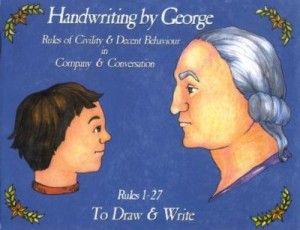
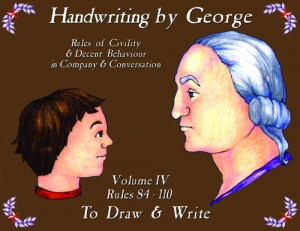
 Textbooks and tutors after you decided to homeschool your daughter through high school: $5,000
Textbooks and tutors after you decided to homeschool your daughter through high school: $5,000





